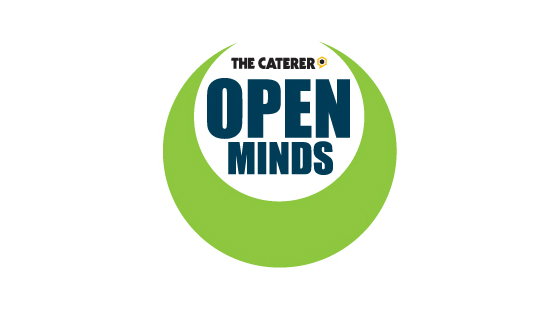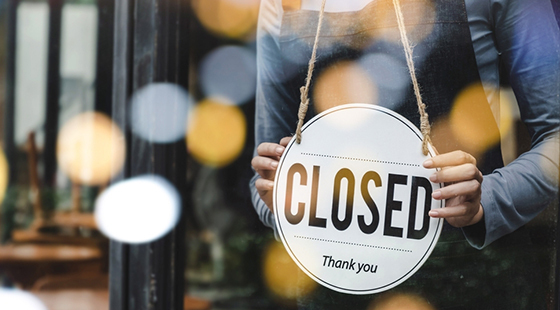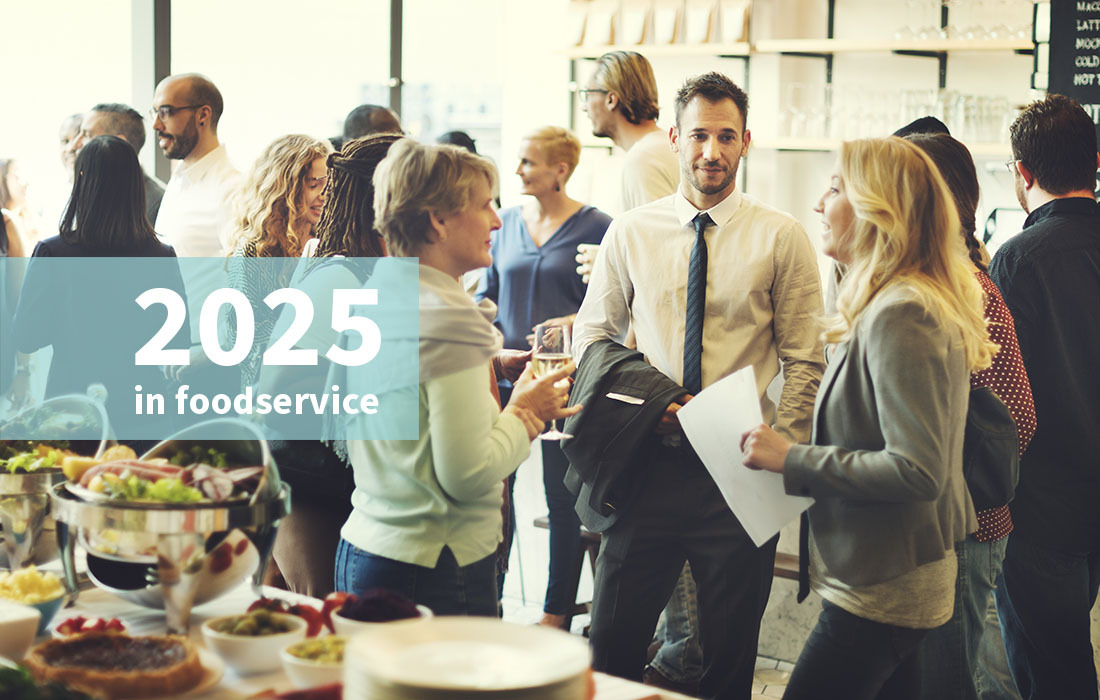How to… support team wellbeing
Camilla Woods, EAP manager at Hospitality Action, explains the benefits of joining an Employee Assistance Programme
You may already know of employees struggling with pressures at home or work, so it's important to consider how best to support them. This pressure can impact mental health and, in turn, the way people do their jobs, which can result in reduced performance, lack of focus and absence. This can lead to lost productivity and potentially significant recruitment costs.
One option to help employees overcome such pressures is to look at introducing an Employee Assistance Programme (EAP) across your organisation, like the one run by industry charity Hospitality Action.
What exactly is the EAP?
Hospitality Action's EAP is an assistance line supported by a care package of services and benefits that takes a holistic approach to employee welfare. Like the industry it serves, the assistance line is open all day, every day, and includes a translation service for more than 170 languages.
The benefits available include access to personal counselling, legal guidance, addiction support, debt advice, a parenting helpline and elder care helpline and a whistleblowing service. Should a hardship grant be required by any recipients of EAP support, Hospitality Action can point them towards its grant-giving team for consideration.
What makes a successful EAP?
One of the main factors influencing the success of an EAP is regularly communicating to the team the benefits of accessing the programme. An effective launch generates interest, awareness and usage of the services, so review all the options already available to ‘talk' to employees, via printed material, online or face to face. HA offers a variety of printed and online material, in a variety of languages, to help promote the programme to the team and regularly attends launch events.
Securing senior management support is also essential, demonstrating to employees that your business is serious about caring for their health and wellbeing.
Can the EAP help with issues like addiction, domestic violence and sexual harassment?
Since launching the EAP five years ago, HA has researched all challenges facing those who work in hospitality. Whether drugs, alcohol, gambling, depression, bullying, harassment, anxiety, stress, illness, lack of work-life balance or financial pressure are the problem, it has advice that can help. EAP subscribers can access an online portal, Well Online, which has more than 200 factsheets covering all these topics and more. It's a great place to start to find out about the services offered and signpost employees to resources.
Will my young team really want to talk to someone rather than go online to find help?
Hospitality Action has found that under-30s are just as likely as over-50s to want to talk to someone about the issues they are facing, and really value the coaching and advice that the assistance line counsellors can provide, 24/7.
Sometimes just having a ‘listening ear' can make all the difference when stress, anxiety or depression strike. Of course, if an employee prefers to email, live chat or download a factsheet, those paths are also available.
What support can an EAP offer if my business is affected by a traumatic incident?
The EAP can provide on-site support for traumatic events, such as a terrorist incident, the unexpected death of a guest or colleague or armed robbery. As an employer, you have a duty of care to protect employees from psychological harm as well as having consideration for their physical safety. On-site support provides psychological first aid, helping teams and their managers to cope.
Does the EAP support Hospitality Action?
Any surplus Hospitality Action makes from the EAP is re-invested into its other programmes, for example, the Golden Friends Befriending Programme for industry retirees, or its Family Days Out scheme, which gives those on low incomes much-needed leisure time together. Joining the EAP is a virtuous circle: client companies not only support the welfare of their teams, they also help us support the welfare of some of the most vulnerable people in the hospitality industry.
TO READ THE CATERER'S FULL MENTAL HEALTH IN HOSPITALITY REPORT, DOWNLOAD YOUR FREE COPY HERE
Or read the rest of our special issue on mental health in hospitality industry:
• Viewpoint: Reassess your attitude to mental health, by Mark Lewis, Hospitality Action
• Mental health in hospitality: the results of our survey on mental health at work
• Keep an open mind: hospitality professionals share their stories about mental health
• The Caterer interview: Andrew Clarke, chef at St Leonards and Brunswick House, on his personal journey out of depression
• This much I know: Simon Boyle, chef and founder of Brigade Bistro, London
• Better business: innovative ways to support your staff with their mental health at work


















